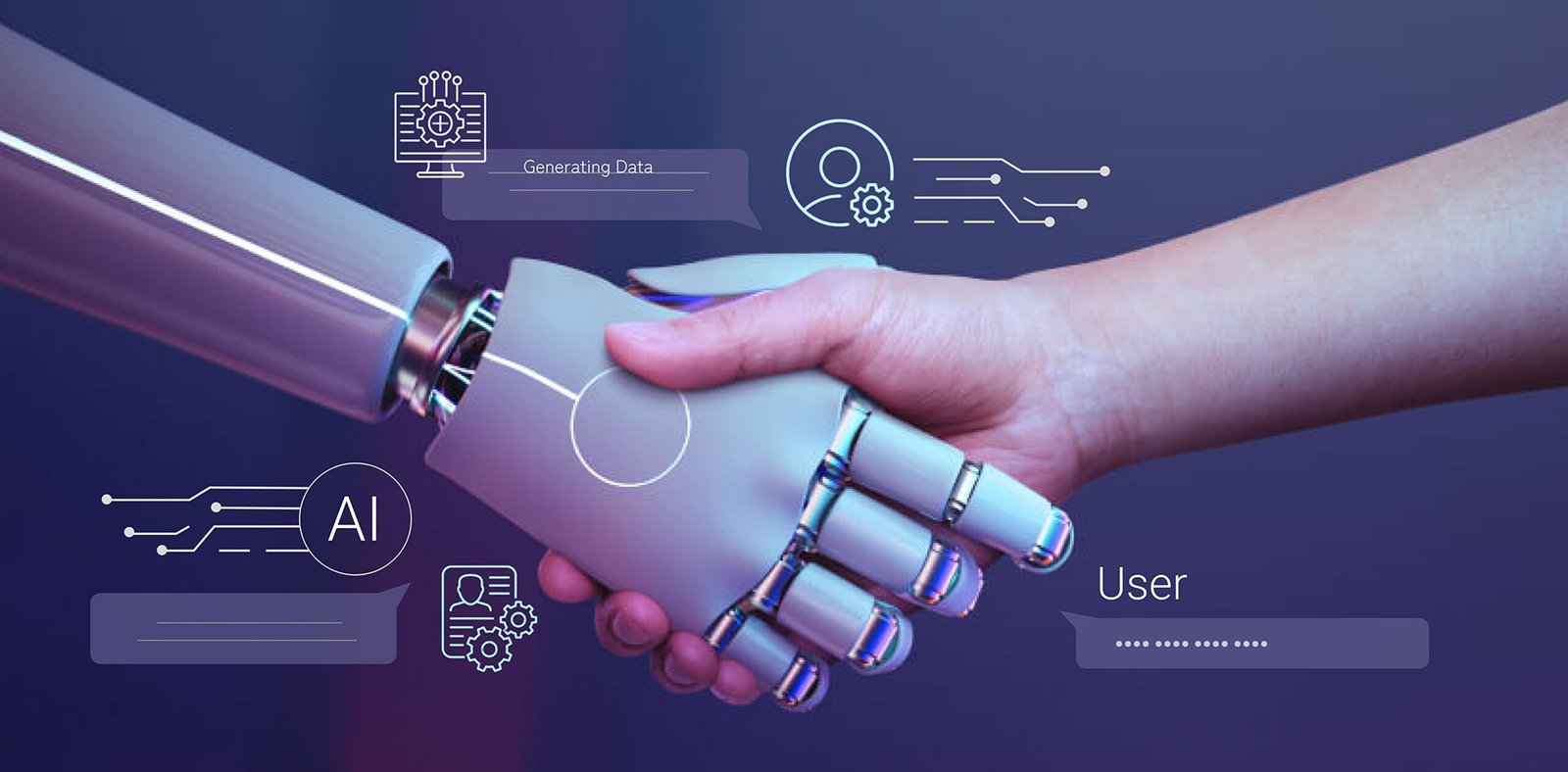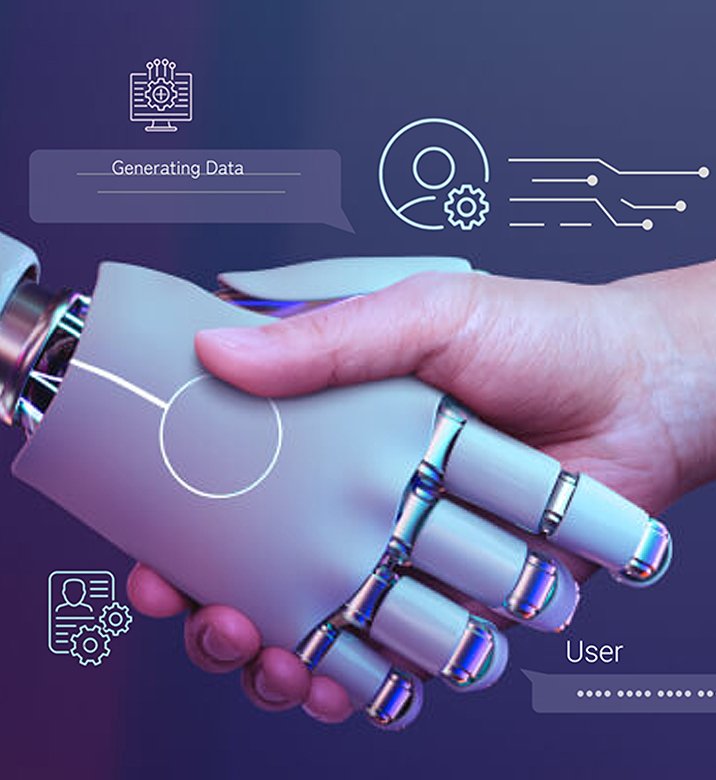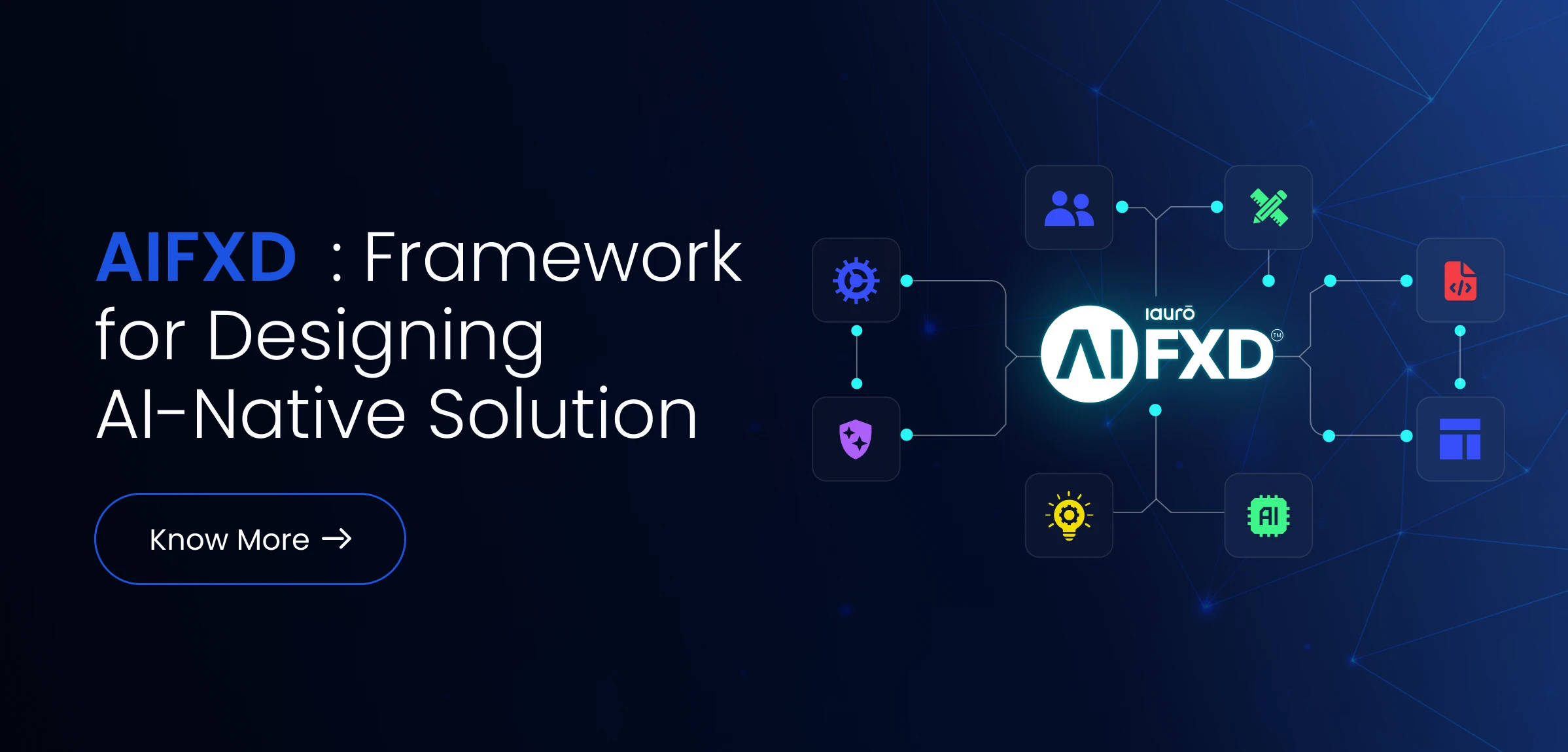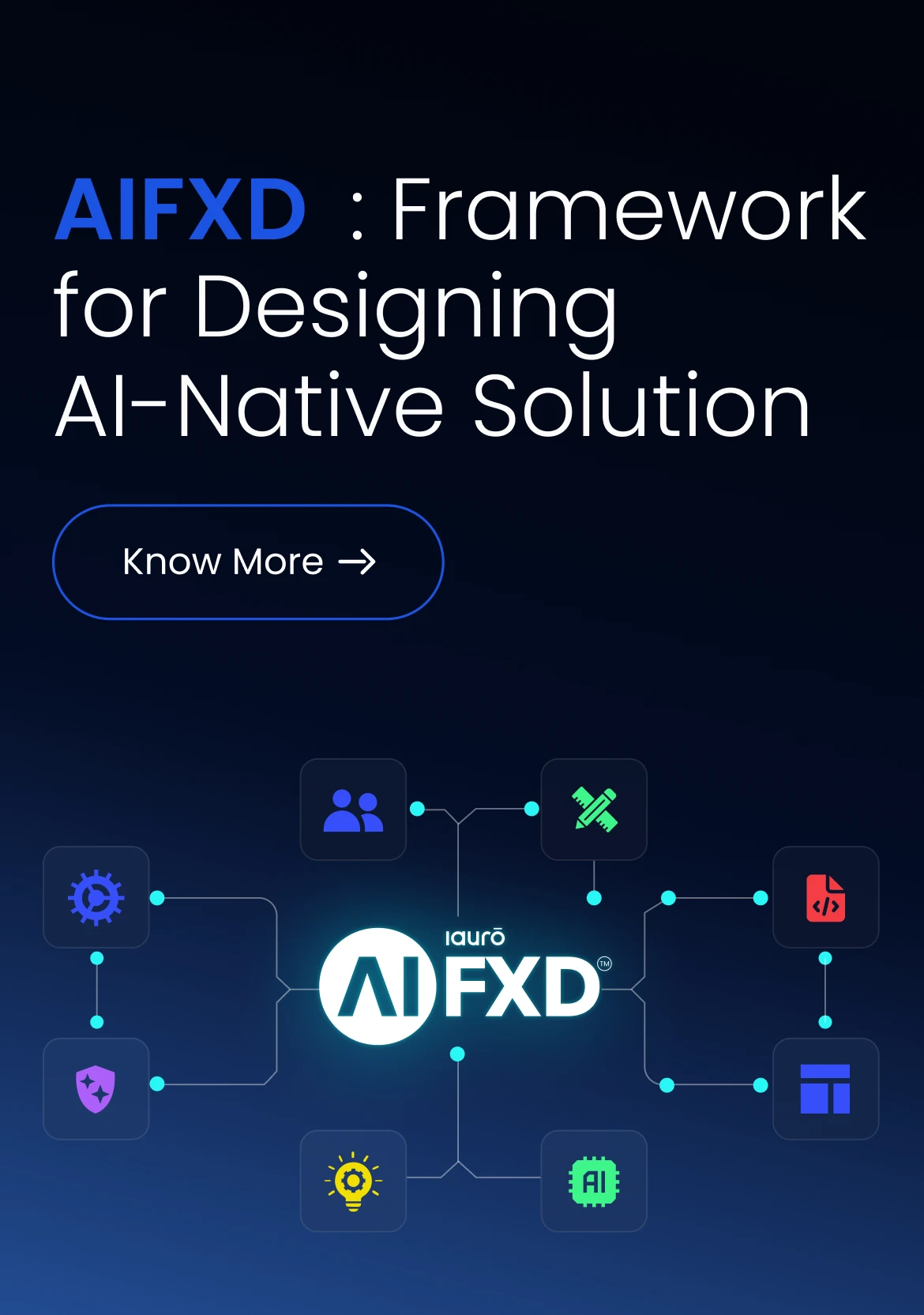The Role of Generative AI in Personalized User Experiences


Introduction
In the digital age, user expectations have shifted dramatically. Consumers demand personalized experiences that cater to their unique preferences, needs, and behaviors. Companies that fail to deliver personalization risk losing engagement and customer loyalty. This is where Generative AI steps in.
Generative Artificial Intelligence (AI) is transforming how businesses interact with users by creating hyper-personalized experiences across digital platforms. Whether it’s customizing content, providing tailored recommendations, or optimizing user interfaces dynamically, Generative AI enables companies to connect with their audiences on a deeper level.
This blog explores how Generative AI enhances personalized user experiences, its real-world applications, benefits, challenges, and future trends.
Understanding Generative AI
Generative AI refers to machine learning models that generate new data based on existing datasets. Unlike traditional AI, which follows predefined rules, Generative AI learns patterns from vast amounts of data and creates original outputs—ranging from text and images to personalized recommendations and user interfaces.
Some key technologies powering Generative AI include:
- Transformer Models (e.g., GPT-4, BERT): These models generate human-like text and power AI-driven chatbots, recommendation systems, and content generation.
- Generative Adversarial Networks (GANs): Used for image generation, video creation, and UI/UX customization.
- Recurrent Neural Networks (RNNs) and Variational Autoencoders (VAEs): Primarily used in speech synthesis, music generation, and adaptive user interfaces.
Why Personalization Matters in User Experience
Personalization in user experiences is no longer a luxury; it’s an expectation. According to a McKinsey study, companies that excel in personalization generate 40% more revenue than those that don’t. Here’s why personalization is crucial:
- Enhanced user engagement – Users are more likely to interact with content that aligns with their interests.
- Improved conversion rates – Personalized recommendations and interfaces lead to higher sales and subscriptions.
- Customer retention and loyalty – Users return to platforms that remember their preferences.
- Reduced information overload – Personalized experiences filter out irrelevant content, making navigation intuitive and efficient.
How Generative AI Powers Personalized Experiences
1. Personalized Content Generation
Generative AI is reshaping content creation by generating dynamic, personalized content for users.
- Marketing Campaigns: AI-driven tools like Jasper and Copy.ai create personalized email campaigns, blog posts, and social media ads tailored to different audience segments.
- News and Articles: Platforms like Google News and Flipboard personalize content based on reading habits, ensuring users receive relevant articles.
- E-learning Platforms: AI generates personalized learning materials based on a student’s learning style and pace, enhancing education experiences.
2. AI-Powered Product Recommendations
One of the most widely adopted uses of Generative AI in personalization is product recommendation engines
- E-commerce Platforms: Amazon, Alibaba, and Flipkart use AI-driven recommendation engines to suggest products based on user behavior and past purchases.
- Streaming Services: Netflix, Spotify, and YouTube analyze user activity to curate personalized playlists, video suggestions, and movie recommendations.
- Retail Shopping Assistants: Virtual shopping assistants powered by AI suggest outfits based on user preferences and purchase history.
3. Chatbots and Virtual Assistants
Generative AI has revolutionized conversational AI, making interactions more natural and personalized.
- Customer Support Chatbots: AI-powered bots analyze past interactions to provide customized support solutions.
- Virtual Health Assistants: AI-driven tools like Woebot and Babylon Health offer personalized health advice and therapy recommendations.
- Voice Assistants: AI assistants like Alexa, Siri, and Google Assistant use machine learning to provide personalized suggestions and reminders based on user interactions.
4. Adaptive UI/UX Personalization
AI can dynamically adjust user interfaces to suit individual preferences.
- Personalized Website Layouts: AI-driven platforms adjust website design based on user preferences and behaviors.
- Dynamic Themes and Modes: Applications like YouTube and Reddit offer dark mode/light mode based on user behavior and time of day.
- Accessibility Enhancements: AI-driven UI adaptations assist users with disabilities by customizing interfaces according to their needs.
5. AI-Driven Personalized Ads
AI-powered advertising platforms, such as Google Ads and Facebook Ads, use Generative AI to create hyper-personalized ads.
- Real-time Ad Customization: AI dynamically changes ad creatives based on user engagement.
- Targeted Messaging: Ads are generated and optimized based on individual preferences and browsing history.
- Predictive Customer Insights: AI anticipates user needs and serves relevant ads before users actively search for products.
Benefits of Generative AI in Personalization
Generative AI offers numerous advantages when integrated into personalized user experiences:
- Scalability – AI can personalize experiences for millions of users simultaneously.
- Increased User Retention – Personalized interactions foster deeper user connections and improve retention rates.
- Cost Efficiency – Automating content generation and recommendations reduces operational costs.
- Real-Time Customization – AI adapts dynamically to user behavior, ensuring up-to-date personalization.
- Enhanced Customer Satisfaction – Tailored experiences lead to more satisfied customers and better brand loyalty.
Challenges of Generative AI in Personalization
Despite its advantages, Generative AI in personalization presents challenges:
- Privacy Concerns – AI relies on user data, raising ethical and regulatory concerns (GDPR, CCPA compliance).
- Bias in AI Models – AI can inherit biases from training data, leading to inaccurate personalization.
- Over-Personalization Risks – Too much personalization can create filter bubbles, limiting user exposure to diverse content.
- Security Threats – AI-generated phishing and deepfake content pose risks to user safety.
- Implementation Costs – Developing AI-powered personalization systems requires significant investment in infrastructure and expertise.
The Future of Generative AI in Personalization
The future of personalized AI-driven experiences is promising. Here are some upcoming trends:
- Real-time Hyper-Personalization – AI will continuously adapt to real-time user behavior for more seamless experiences.
- AI-Driven Augmented Reality (AR) Personalization – AR combined with AI will offer highly interactive and immersive personalized experiences.
- Emotion-Aware AI – Advanced AI models will detect emotions through facial recognition and tone analysis to provide emotionally intelligent responses.
- Cross-Platform Personalization – AI will enable seamless personalized experiences across multiple devices and platforms.
- AI Ethics & Governance Improvements – Regulatory frameworks and ethical AI development will enhance user trust in AI-driven personalization.
Conclusion
Generative AI is revolutionizing personalized user experiences, enabling businesses to deliver tailored interactions that drive engagement, satisfaction, and conversion. From personalized content and recommendations to adaptive UI and AI-driven assistants, the applications are vast and continually evolving. While challenges exist, advancements in AI governance and technology will further refine personalization strategies, making them more ethical, effective, and user-friendly.
As businesses increasingly integrate Generative AI into their personalization efforts, the key to success lies in balancing automation with ethical data use, ensuring that personalization enhances—not invades—user experiences. The future of personalization is here, and it’s powered by AI.
Ready to transform your
business with cutting-edge
software solutions?
Let’s connect and explore
how our expertise can elevate your business

